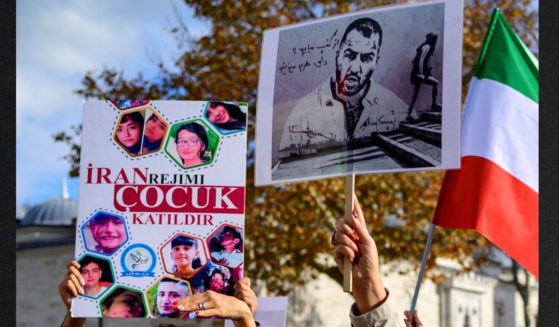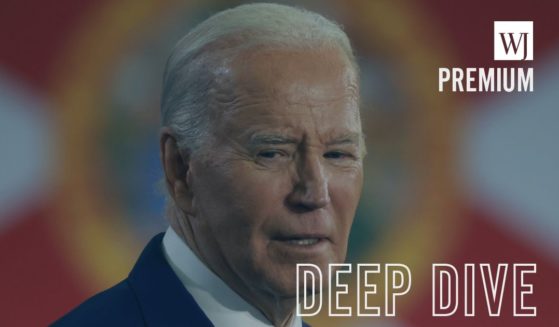Estonian populists, 2 other parties seal coalition deal
HELSINKI (AP) — A far-right populist party known for anti-immigration and euroskeptic views sealed a deal Saturday to be one of three coalition partners in Estonia’s next government.
The Estonian Conservative People’s Party, or EKRE, said its coalition with the centrist Center Party and the conservative Fatherland would create a majority government in the Baltic country, a member of both NATO and the European Union.
Under the three-way deal, Center leader Juri Ratas would be prime minister, a role he held from November 2016 until Estonia’s March 3 general election. Each of the coalition partners would have five ministers in the 15-member Cabinet.
Their coalition would control 57 of the 101 seats in parliament, a comfortable majority. However, Estonia’s president must formally task the three parties with forming a government to put them in power.
President Kersti Kaljulaid said Friday that she gave the assignment to the head of the center-right Reform Party, the election’s top vote-getter.
The populist EKRE party is run by a father and son, chairman Mart Helme, 69, and vice chairman Martin Helme, 42.
Both men would have a substantial say in the Cabinet. Mart Helme would be interior minister and Martin Helme would serve as finance minister.
The party has advocated abolishing the law recognizing same-sex civil unions, demanded changes to the country’s abortion law and fiercely opposed European Union quotas for taking in asylum-seekers.
The elder Helme, who was Estonia’s ambassador to Russia in 1995-1999, said the pact with the other two parties “protects key promises given to our party and voters.”
“We’re going to show a firm commitment to standing up for Estonia’s cause in the government and governing in an honest and efficient way,” he said.
EKRE’s strong nationalist rhetoric and growing popularity since it was formed in 2012 has caused concern in Estonia, particularly among the former Soviet republic’s minority population of ethnic Russians.
Andres Kasekamp, an expert on Estonia and history professor at the University of Toronto, said EKRE’s rise in politics already has led to “the vulgarization of public debate” and the polarization of Estonian society.
The party “whipped anti-immigrant and homophobic hysteria” to win votes last month’s election, Kasekamp alleged.
“Certainly Estonia’s international image will be damaged if the country will now be placed unfairly in the same boat as the illiberal governments of Hungary and Poland,” he said.
The three parties in the proposed coalition issued a joint statement Saturday condemning “manifestations of ethnic hatred, anti-Semitism and rhetoric splitting the society.”
EKRE claims to defend the interests of ethnic Estonians. One of its lawmakers, Enn Polluaas, was elected parliament speaker on Thursday.
Estonian President Kersti Kaljulaid said Friday she had tasked Reform Party leader Kaja Kallas, as the head of the party that received the most support in the election, with forming a government. Kallas would be Estonia’s first woman prime minister.
The center-right Reform Party received 28.9% of the vote. The Center Party came in second with 23.1%, followed by EKRE with 17.8%.
Only five parties exceeded the threshold needed to have representatives in Parliament. With three of the parties in a coalition, that leaves Kallas the option of forming a minority government with the Social Democratic Party.
But she has said that wasn’t on the table. Kallas said she’d make her plans known on April 15.
The Western Journal has not reviewed this Associated Press story prior to publication. Therefore, it may contain editorial bias or may in some other way not meet our normal editorial standards. It is provided to our readers as a service from The Western Journal.
Truth and Accuracy
We are committed to truth and accuracy in all of our journalism. Read our editorial standards.












